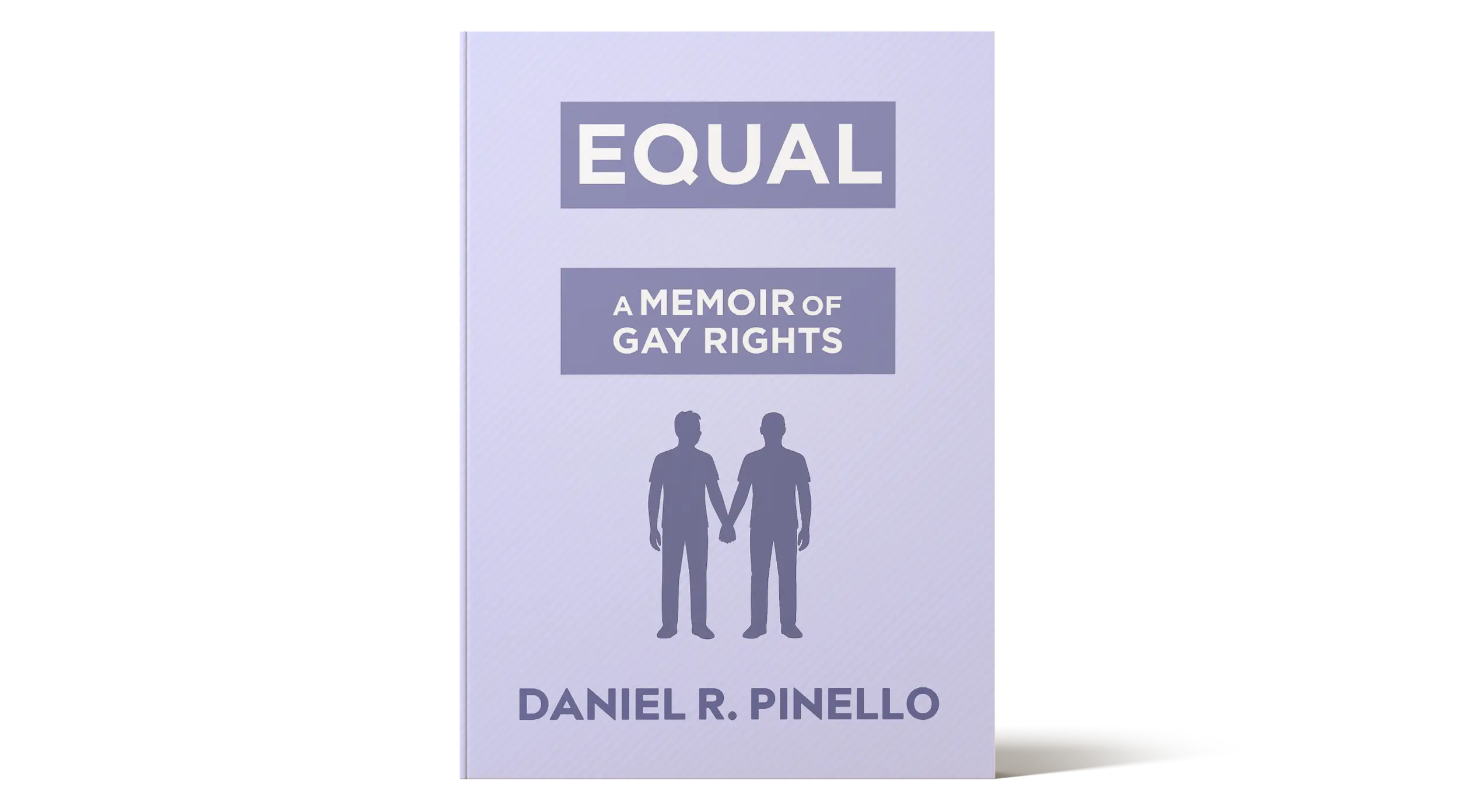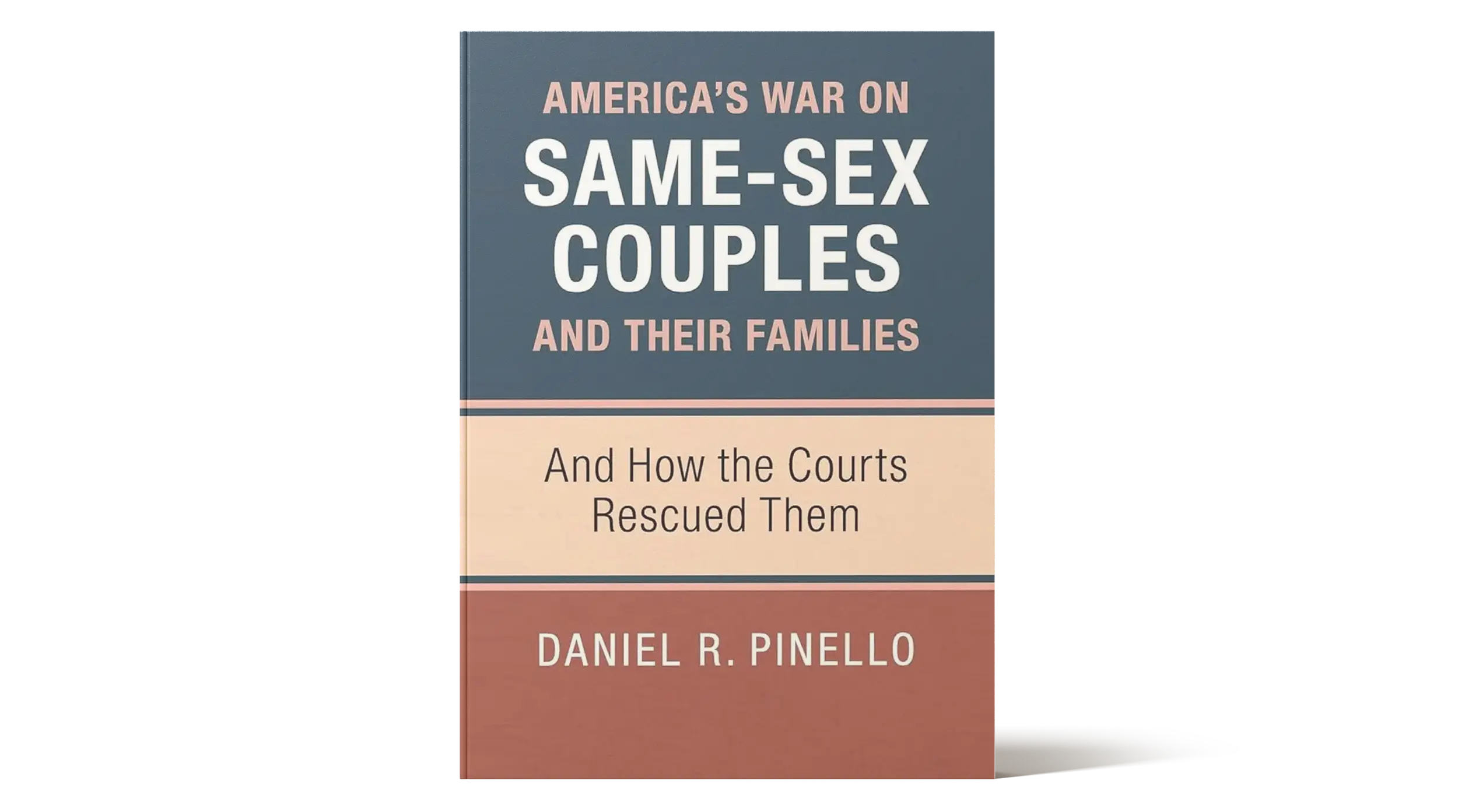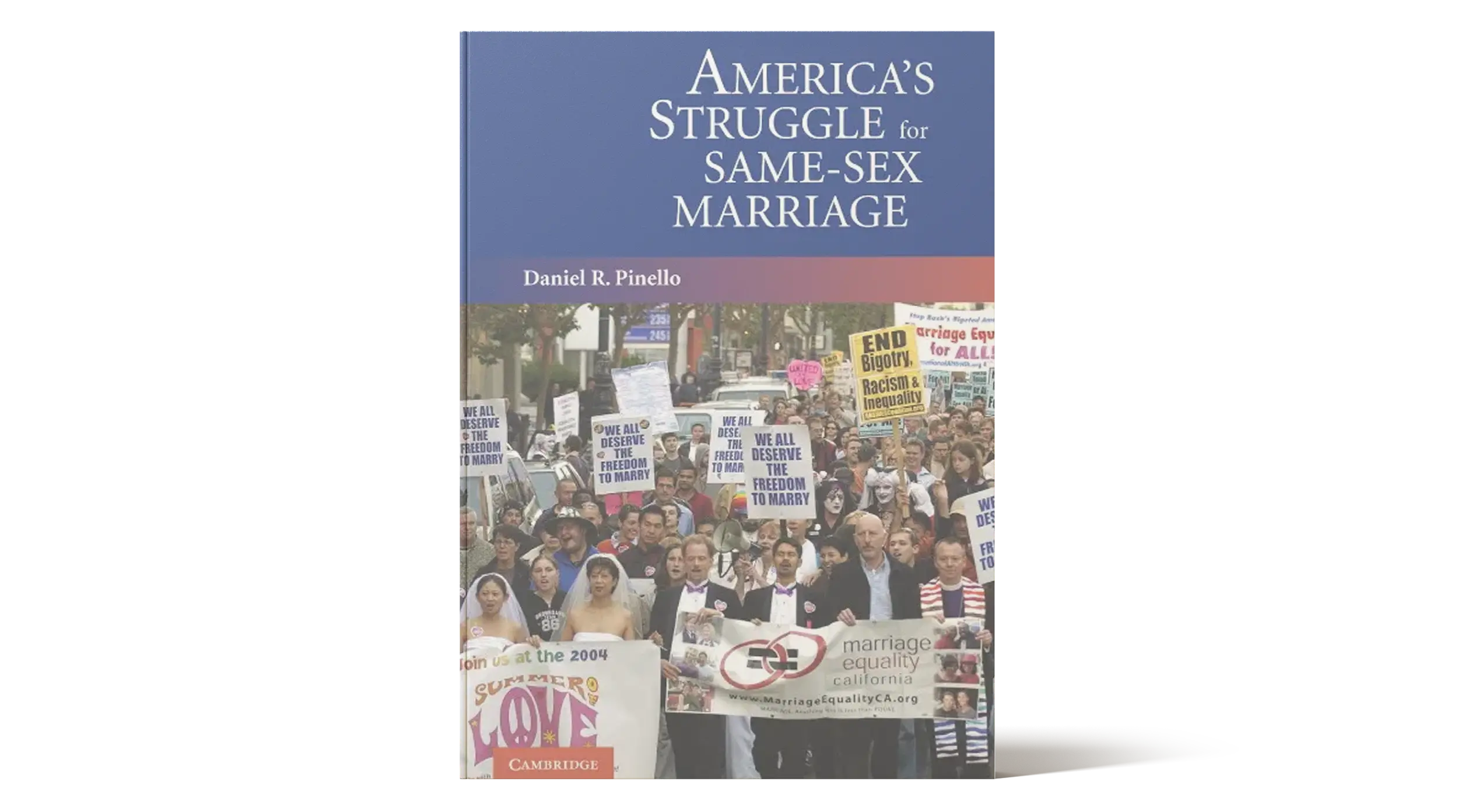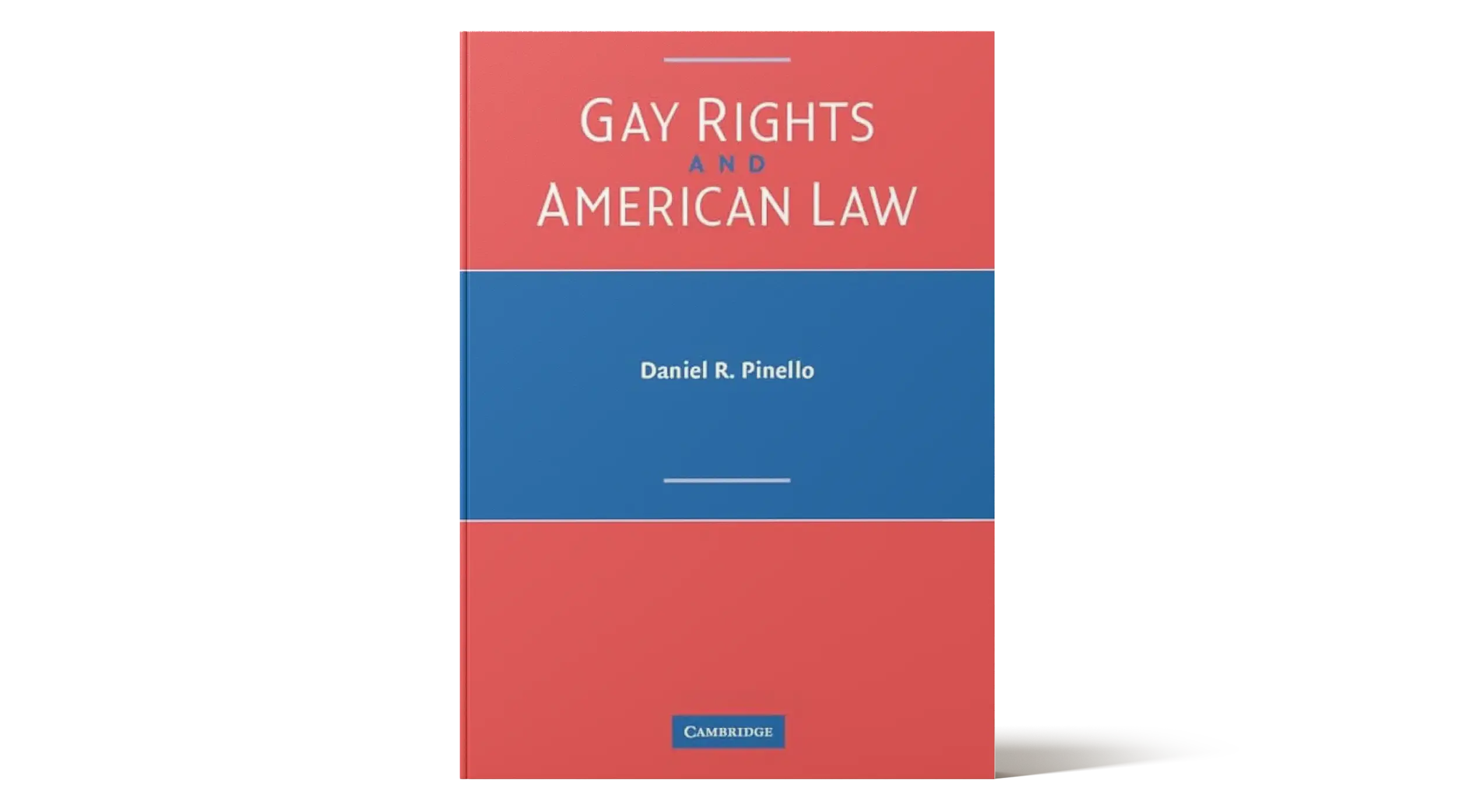Ex Parte J.M.F.
Alabama Supreme Court
730 So.2d 1190
June 19, 1998
LYONS, Justice.
This Court granted the father’s petition for certiorari review in this child custody case in order to determine whether the Court of Civil Appeals erred in reversing the trial court’s judgment granting a change of custody of the parties’ minor child from the mother to the father. See J.B.F. v. J.M.F., 730 So.2d 1186 (Ala.Civ.App.1997). We conclude that it did so err, and reverse its judgment and remand.
I.
The parties were divorced in January 1993, after a six-year marriage, and the trial court awarded custody of the parties’ minor daughter to the mother. Shortly thereafter, the mother began a homosexual relationship with G.S., and in April 1992 she and her daughter moved into an apartment with G.S. Although the apartment had three bedrooms, the mother began sharing a bedroom with G.S. The father was aware of the relationship but, according to him, his conversations with the mother led him to believe that the mother and G.S. would maintain a discreet relationship, that they would not share a bedroom, and that they would represent themselves to the child and others as being merely roommates.
The father subsequently remarried, and the child regularly visited him and his new wife in their home. During the course of these visits, the father learned that his former wife and G.S. were sharing a bedroom, that the child occasionally slept with them in their bed, and that they kissed in the presence of the child. The father also noticed one instance where the child, while playing a game with her stepmother, grabbed the stepmother’s breast in a way that appeared to him to be inappropriate. During visitation, the child remarked to the father that “girls could marry girls and boys could marry boys.”
After the father learned that the mother and G.S. were not conducting a discreet relationship but were, in fact, openly displaying their affair to the child, and after observing the effect that this was having upon the child, he moved to modify the divorce judgment in order to obtain custody of the daughter. The child underwent expert psychological evaluation and was represented in the modification proceedings by a guardian ad litem.
The evidence presented during the ore tenus proceeding shows that since the divorce, the mother and G.S. have not conducted their relationship with discretion and have not concealed the nature of their union from the child. The mother and G.S. have exchanged rings and have a committed relationship as “life partners” that includes ongoing sexual activity. The mother and G.S. share a bed and the child has at times slept in the bed with them. They kiss and show romantic affection for each other in the child’s presence.
The mother has explained to the daughter that she and G.S. love each other the way that the child’s father and stepmother love each other. The mother and G.S. testified that G.S. shares in the child’s upbringing in the way of a devoted stepmother and that the child accepts and loves her as a parental figure. G.S. regularly attends school functions and meetings with the mother, accompanies the child on school field trips, and eats lunch with the child at school twice a month.
The record contains evidence indicating that the child has remarked several times that girls may marry girls and that boys may marry boys. The mother and G.S. have homosexual couples as guests in their home, and they have taken the daughter with them on an overnight trip to visit a male homosexual couple; during this visit, the child slept with the mother and G.S. in one room, while their hosts shared a bedroom.
During her testimony, the mother repeatedly denied that her lifestyle had resulted in, or would result in, problems for the child. She denied that other children would shun the child based upon the obvious relationship between her mother and G.S., which they regularly display to those at the child’s school. The mother stated in deposition testimony that if others showed “prejudice” against the child it would be “up to the child” to decide how to deal with it because “kids have to deal with peer pressure in their own ways anyway.” The mother pointed out that children reject other children for a variety of reasons and that her daughter was “going to have to learn about prejudice in her daily life anyway.” The mother was confident that the child could decide for herself what to tell her friends and that whatever the child was comfortable with would be fine.
The other evidence adduced during the trial showed, without dispute, that the child has a loving relationship with her father and her stepmother and that she accepts the stepmother as a parental figure. It is undisputed that she enjoys visiting them in their home and that the father and stepmother share in the care of the child when she is with them. The stepmother testified as to her love for the child and her commitment to sharing the responsibility of her upbringing. The father and the stepmother are both employed and can make satisfactory arrangements for the care of the child while they are working; the father, in particular, has a flexible work schedule in his job as an electrician that allows him to be available to care for the child.
There was also expert testimony at trial from the psychologists who examined the child. Dr. Sharon Gotlieb, who was the child’s primary therapist, opined that the child’s relationship with her mother is excellent, that the two are well bonded, and that the child exhibited no pathology or mental illness. She also stated that the child had a good relationship with G.S. and that the relationship is beneficial to the child. Dr. Gotlieb expressed concern that a change in custody would have a substantial detrimental effect on the child, perhaps causing her to have immediate and/or long-term behavior problems, school problems, or depression. Dr. Gotlieb did testify that a child is best served by having both a male and a female role model in the house, rather than two male, or two female, role models; however, she qualified this statement by opining that the gender of a new adult introduced into the home of a custodial parent after the biological parents divorced would make no difference to the child because the principal role models in her life would remain her parents.
Dr. Daniel McKeever, a pastoral counselor, testified that the father brought the child to him to be evaluated after observing her touching herself “excessively” in the genital area. He testified that, utilizing play therapy, he detected that the child might have issues of anger and sexuality, based upon his perceptions of the child’s play with anatomically correct dolls. He also expressed a suspicion that the child might have experienced sexual abuse; however, he also stated that he had only two appointments with the child and that the father’s suspicion of sexual abuse stemmed from the fact of the mother’s lesbianism. Dr. McKeever did not interview the mother, G.S., or the child’s stepmother.
Dr. Karen Turnbow, the court-appointed psychologist, stated in her report to the court that her evaluation of the child revealed no indication of sexual abuse or exposure to sexual acts. She reported that she spent time with both parents, with G.S., and with the child’s stepmother, and concluded that the child has a good relationship with each of them and is resilient. Dr. Turnbow stated that, based upon her review of available literature on the subject of a child being reared by an openly homosexual parent, she did not think the homosexuality of a parent should be the sole consideration in a custody situation; rather, she said, the literature suggested that custody should be determined on the basis of individual character and parenting skills.
Dr. James B. Collier testified on behalf of the mother concerning scientific studies as to the effect growing up in a homosexual household had on children. He testified that he had reviewed at least 50 articles, all from journals that are subject to peer review, and that these studies consistently found no adverse consequences for children growing up in such a household.
In addition to the foregoing evidence, the trial court also had before it the report of Terry M. Cromer, the child’s appointed guardian ad litem; the report summarized the evidence and scientific studies submitted to the court and presented Cromer’s own observations. Cromer confirmed the unanimous opinion of all the psychologists that the child was pretty, well-groomed, intelligent, energetic, healthy, and generally happy. He also confirmed that the child is bonded with both parents and enjoys a loving relationship with both. He recognized that, as Dr. Collier and Dr. Gotlieb had stated, there were studies that had determined that there is generally no significant difference in various factors between a child who has been reared by a heterosexual couple and one who has been reared by a homosexual couple. He also pointed out that there are studies that come to the opposite conclusion and that the child’s therapist, Dr. Gotlieb, appeared reluctant to consider studies which suggest that a child reared by homosexual parents could suffer exclusion, isolation, a drop in school grades, and other problems. After summarizing the evidence, Cromer recommended to the trial court that it grant the father’s motion to change custody.
After considering all the evidence, the trial court entered an order changing custody to the father, finding that the change would materially promote the child’s best interests and setting forth the mother’s visitation rights. The trial court initially restricted the mother’s visits by ordering that she not “exercise her right of visitation with the minor child of the parties in the presence of a person to whom she is not related by blood or marriage.” However, upon motion of the mother, the trial court modified the order to provide that the restriction “shall not apply and be considered as being applicable to the general public, casual, professional, platonic or business relationships.”
In reviewing the trial court’s judgment, the Court of Civil Appeals pointed out that, in Alabama, evidence of a parent’s heterosexual misconduct cannot, in itself, support a change of custody unless the trial court finds that the misconduct has a detrimental effect upon the child. The Court of Civil Appeals emphasized that this standard has been applied in other jurisdictions to cases involving homosexual conduct on the part of a custodial parent, and it adopted this standard for use in such cases in Alabama. In applying this standard, the Court of Civil Appeals determined that the record contained no evidence indicating that the mother’s relationship with G.S. has a detrimental effect upon the child, and it thus concluded that the trial court had improperly changed custody based solely upon the mother’s homosexuality.
II.
It is, of course, well established that a noncustodial parent seeking a change of custody must show not only that he or she is fit to have custody, but that the change would materially promote the child’s best interests. Ex parte McLendon, 455 So.2d 863 (Ala.1984). This requires a showing that the positive good brought about by the modification would more than offset the inherently disruptive effect caused by uprooting the child. Where a parent seeks a change of custody based solely upon the heterosexual misconduct of the custodial parent, our law requires that there be an additional showing that the misconduct has a detrimental effect upon the child. Taylor v. Taylor, 563 So.2d 1049 (Ala.Civ.App.1990).
In this case, however, the father has not sought to change the custody of the child based upon the fact that the mother is engaged in a homosexual affair; indeed, the father was aware of the mother’s feelings for G.S. at the time of the divorce and was aware that they cohabitated thereafter, but he did not immediately seek a change of custody. The father sought custody of the child only after he had remarried and had discovered that the mother and G.S. were not conducting a discreet affair in the guise of “roommates” but were, instead, presenting themselves openly to the child as affectionate “life partners” with a relationship similar to that of the father and the stepmother. This is, therefore, not a custody case based solely upon the mother’s sexual conduct, where the “substantial detrimental effect” element might be applicable. Rather, it is a custody case based upon two distinct changes in the circumstances of the parties: (1) the change in the father’s life, from single parenthood to marriage and the creation of a two-parent, heterosexual home environment, and (2) the change in the mother’s homosexual relationship, from a discreet affair to the creation of an openly homosexual home environment. The father was not, as the Court of Civil Appeals erroneously held, required to show that the mother’s relationship with the child was having a “substantial detrimental effect” upon the child. Rather, he was required to establish that, based upon the changes in the circumstances of the parties, a change in custody would materially promote the child’s best interests and that the positive good brought by this change would more than offset the inherently disruptive effect of uprooting the child. McLendon, supra.
III.
Having held that the trial court applied the appropriate standard in this case, we must now review the correctness of its conclusion. We begin by noting that a trial court in this state has broad discretion in determining custody matters, that the judgment of the trial court rendered after an ore tenus custody proceeding is presumed to be correct, and that such a judgment will not be reversed unless it is shown to be an abuse of discretion. Gamble v. Gamble, 562 So.2d 1343 (Ala.Civ.App.1990). It is not the province of an appellate court to reweigh the evidence in order to replace the trial court’s judgment with its own; rather, an appellate court must determine whether the judgment is plainly and palpably wrong and, if it is not, affirm it.
The trial court was presented with evidence of two important changes in the circumstances of the parties that had occurred since their divorce; we will address both of those changes. There is evidence that the mother had expressed feelings for G.S. just before the divorce and that the father was aware of this. There is evidence that, when the mother subsequently moved into a three-bedroom apartment with G.S. and the child, she represented to the father that she and G.S. would not share a room and would represent themselves to be roommates. However, the mother and G.S. subsequently established an open lesbian relationship, which they explained to the child and which they demonstrate with affection in the presence of the child on a regular basis.
The mother has testified that she has not had any significant concern about the adverse effect her transformation from a married heterosexual to a committed homosexual could have on the child. The mother has repeatedly denied that the child will suffer any ill effects from the mother’s choice of lifestyle; however, the mother has also testified that it will be up to the child to cope with any ridicule or prejudice that the child might suffer as she gets older, because, she said, “all children have to cope with prejudice anyway.”
The mother and G.S. have homosexual couples as guests in their home, and the evidence suggests that the child believes that “girls can marry girls.” Both the mother and G.S. have testified that they would not discourage the child from adopting a homosexual lifestyle. In short, the mother and G.S. have established a two-parent home environment where their homosexual relationship is openly practiced and presented to the child as the social and moral equivalent of a heterosexual marriage.
The trial court also heard evidence indicating that the father is no longer a single parent, but has now established a happy marriage with a woman who loves the child, assists in her care, and has demonstrated a commitment to sharing the responsibility of rearing the child should the father gain custody of her. The child has consistently expressed love for the stepmother and acceptance of her as a parental figure. The father and the stepmother have a house with ample room for the child, and they are able to provide for her material needs, as well as her emotional and physical needs. In short, the father and the stepmother have established a two-parent home environment where heterosexual marriage is presented as the moral and societal norm.
The trial court had before it a number of scientific studies as to the effect of child-rearing by homosexual couples, and much of the information presented by those studies suggests that a homosexual couple with good parenting skills is just as likely to successfully rear a child as is a heterosexual couple. The trial court was also presented with studies indicating that a child reared by a homosexual couple is more likely to experience isolation, behavioral problems, and depression and that the optimum environment for rearing a child is one where both a male and a female role model are present, living together in a marriage relationship. There was evidence that the child displayed conduct that gave her father cause for concern.
After carefully considering all of the evidence, we simply cannot hold that the trial court abused its discretion in determining that the positive good brought about by placing the child in the custody of her father would more than offset the inherent disruption brought about by uprooting the child from her mother’s custody. While the evidence shows that the mother loves the child and has provided her with good care, it also shows that she has chosen to expose the child continuously to a lifestyle that is “neither legal in this state, nor moral in the eyes of most of its citizens.” Ex parte D.W.W., 717 So.2d 793, 796 (Ala.1998). The record contains evidence from which the trial court could have concluded that “[a] child raised by two women or two men is deprived of extremely valuable developmental experience and the opportunity for optimal individual growth and interpersonal development” and that “the degree of harm to children from the homosexual conduct of a parent is uncertain … and the range of potential harm is enormous.” Lynn D. Wardle, “The Potential Impact of Homosexual Parenting on Children,” 1997 U. Ill. L.Rev. 833, 895 (1997).
While much study, and even more controversy, continue to center upon the effects of homosexual parenting, the inestimable developmental benefit of a loving home environment that is anchored by a successful marriage is undisputed. The father’s circumstances have changed, and he is now able to provide this benefit to the child. The mother’s circumstances have also changed, in that she is unable, while choosing to conduct an open cohabitation with her lesbian life partner, to provide this benefit. The trial court’s change of custody based upon the changed circumstances of the parties was not an abuse of discretion; thus, the Court of Civil Appeals erred in reversing the trial court’s judgment.
We note that the mother raised before the Court of Civil Appeals the issue whether the restrictions the trial court placed upon her visitation rights are unsupported by the evidence or are otherwise improper. The Court of Civil Appeals pretermitted any consideration of that issue, based upon its reversal of the order changing custody. Because the Court of Civil Appeals has not yet addressed that issue, it is not in a reviewable posture before us.
The judgment of the Court of Civil Appeals is reversed and the cause is remanded for that court to enter a judgment affirming the trial court’s order insofar as it changes custody and to consider the issue regarding the restrictions placed upon the mother’s visitation rights.
REVERSED AND REMANDED.



